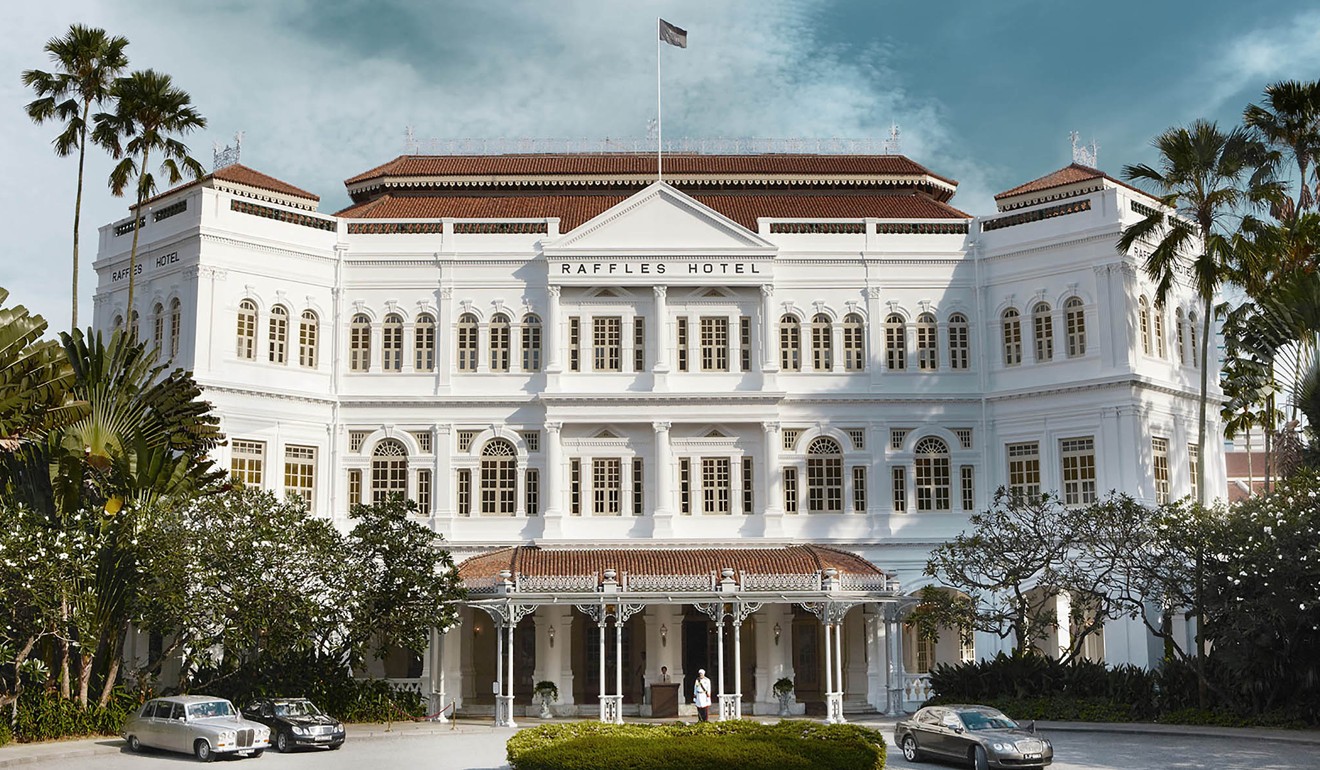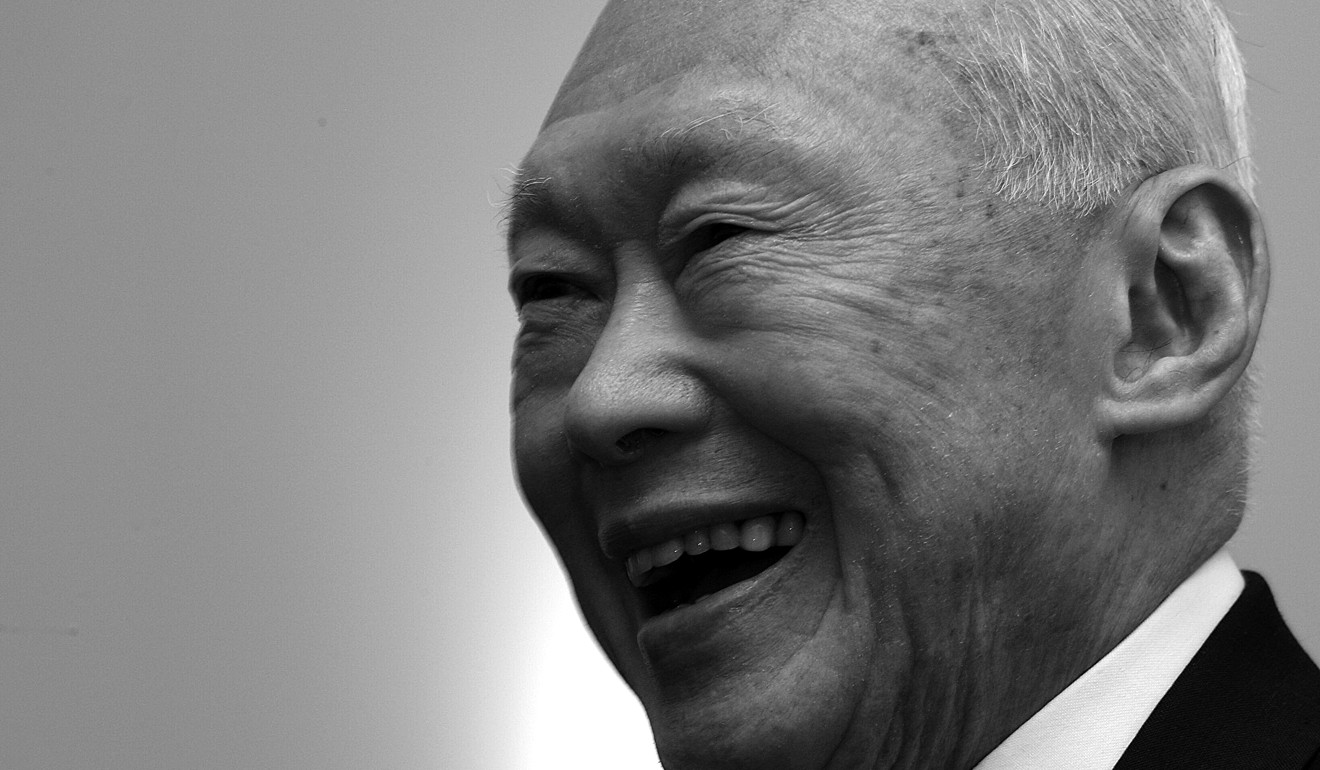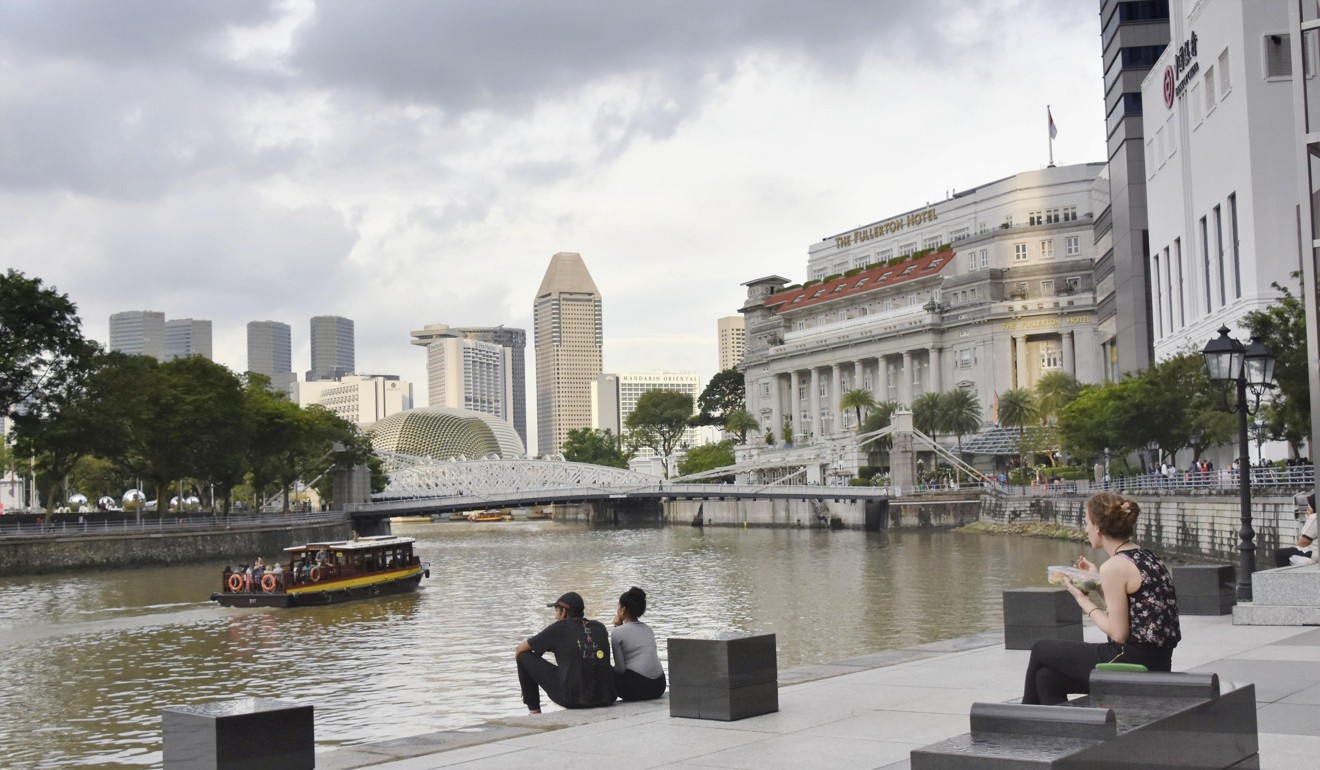
Celebrating Raffles: For Singapore, embracing democratic accountability might not be a bad idea
- Free trade, the rule of law, a functioning civil service … Singapore owes much to the legacy of British colonialism
- Isn’t it time the Lion City embraced another British idea: democratic accountability?
Yet officials have been careful as to how they describe proceedings. Lest they be accused of “celebrating” colonialism, they are calling the events a “commemoration”, and have called on Singaporeans to re-examine their views of the legacy of the British in Singapore.
On some levels, this attitude seems a little strange. Unlike in most of their other former colonies (with the exception of Hong Kong), the British left a mostly positive legacy in Singapore.
They introduced modern practices and institutions that set the island on the path to prosperity. These included a belief in the virtues of free trade, the rule of law that is essential for trade and commerce to thrive, a functioning civil service (at least by the standards of colonial administrations), and an open, multicultural society. These ideas continued to be critical for Singapore’s success after it attained independence in 1965. At a time when many political leaders and their populations seem increasingly sceptical about the merits of these ideas, Singapore’s success since 1819 is arguably the strongest argument for them.
Raffles who? 200 years since the British colonialist, Singapore would rather he disappear
The British wanted to be in Singapore and wanted it to succeed as a port city. This meant that they supplied more public goods (and colonial officials) than they would have had they been motivated by the desire to extract natural resources, exploit abundant labour, or protect their more valuable colonial possessions nearby. In Malaya for instance, the British were often forced to intervene in the civil wars or succession disputes of the Malay states that were adjacent to their port cities of Penang and Melaka, in case these conflicts disrupted commerce.

All these factors meant that the British were able to put in place a relatively adequate public administration and sensible policies, many of which are still evident in Singapore. Visitors to Singapore are often struck by how well-planned the city is. Urban planning, in fact, began with the Raffles Town Plan in late 1822, barely four years after Singapore’s founding. More than 80 per cent of Singaporeans today live in government-built and subsidised flats; indeed, Singapore has the world’s most comprehensive public housing programme. This began with the establishment of the Singapore Improvement Trust in 1927 with the aim of providing affordable housing for the general population. Singapore’s much-vaunted social security system – the Central Provident Fund (CPF) – was also instituted by the British in 1955. Today, it is the main pillar of retirement security, housing finance, and medical savings for the vast majority of Singaporeans.

But there is a third legacy that is much more contested in Singapore today. And this is the legacy of parliamentary democracy. Singapore’s democracy is modelled on Britain’s Westminster system of parliamentary democracy. \But there are significant departures. Critics contend that the “constitutional innovations” introduced by the ruling People’s Action Party (which has overwhelmingly dominated Parliament since the late 1960s) were designed to limit opposition representation in Parliament. They also argue that the ruling party has used a variety of legislative tools, including libel laws, to silence critics and dissenters, and to muzzle the media.

Two recent incidents in Singapore illustrate the growing tension between the strong state Singapore is known for and the nascent demands for greater accountability. Just days before the official launch of the bicentennial, a promising local actor died in a training accident while he was on reserve duty with the Singapore Armed Forces (all Singaporean males must do up to two years of national service, followed by a ten-year reservist cycle during which they may be recalled every year for a couple of weeks of training). This was the fifth national service-related death in the last 16 months. While the SAF responded quickly by suspending strenuous activities, lowering its “training tempo” to give commanders more time to focus on safety, and convening a Committee of Inquiry, many citizens were just as quick to call for greater transparency and a full accounting of the accident. There were also a fair number who asked why no high-ranking officer or political office holder ever loses his job over such training accidents.
And just a day before the launch of the bicentennial, the Ministry of Health revealed that medical records for 14,200 HIV-positive people in the city state had been obtained by an American whose Singaporean partner had worked as a senior official in the ministry, and that these records had been illegally released online. While the Minister for Health apologised, some citizens were quick to point out the ministry knew of the initial data breach in 2016 but had not informed the public. This latest revelation comes on the back of a cyberattack on Singapore’s public health system in August 2017 that compromised data from 1.5 million people.
The lapses in data security in the public healthcare system are damaging for at least two reasons. First, they may weaken public support for the city state’s “smart nation” ambitions, one of which is to develop an integrated National Electronic Health Records system. That support is dependent on the public’s trust in the competence of the public officials entrusted with their data and in the security and reliability of the systems that hold their data. When that trust is eroded, the benefits and efficiency gains that can be reaped from the country’s digital transformation plans are also similarly diminished. In a similar vein, Singaporeans’ support for universal conscription is also dependent on their trust in the SAF.

Finally, there are at least three broad reasons why Singaporeans today would want more accountability. The first is that a greater degree of democracy is a better check against the “bad emperor” problem. Unless human beings find a way of eliminating the risks of bad leaders ever coming to power, Singaporeans may be better off accepting some of the inefficiency and slack that greater accountability entails, in return for greater political resilience (which comes from political diversity).
The real reason Dyson is swapping Brexit Britain for Singapore
Second, Singapore already has a strong and effective state. This suggests that it can allow for more freedoms and accountability without having to worry that this would undermine state effectiveness. Indeed, doing so may even strengthen state capacity, since the state would have to develop new capabilities to manage a more complex and demanding polity instead of relying primarily on top-down, authoritarian and paternalistic means.
Third, society today is far more plural and diverse than before, and the political system will have to reflect and accommodate that diversity. There are already many who would like to see a more diverse and representative Parliament (30 per cent of the electorate today are represented by less than 10 per cent of Parliamentarians); a freer media environment; more checks on the exercise of state power through coercive laws like the Sedition Act, the Official Secrets Act and the Internal Security Act (all of which were inherited from the colonial administration); greater transparency and disclosure by public institutions; and various other expressions of a substantive (as opposed to an electoral) democracy.
As Singapore commemorates 200 years as a modern state, its people are ready for more democratic accountability. ■
Donald Low is a professor of practice in public policy at the Hong Kong University of Science and Technology and the author of Hard Choices: Challenging the Singapore Consensus

